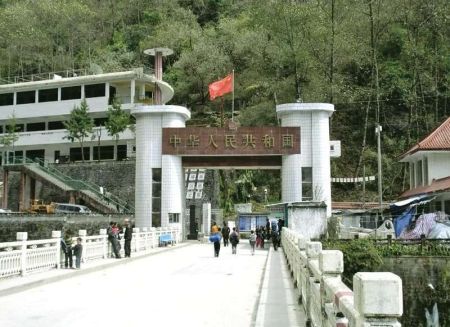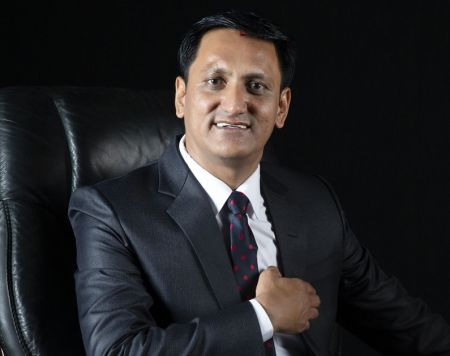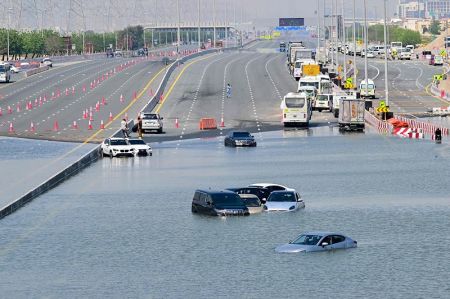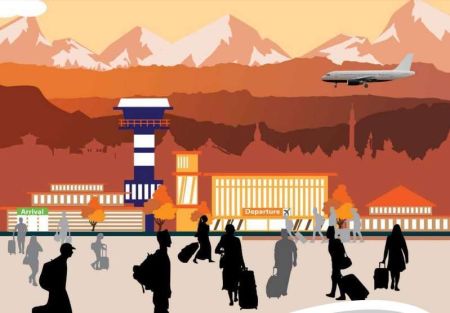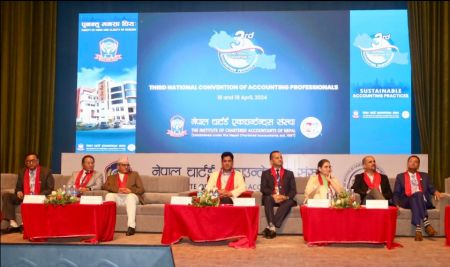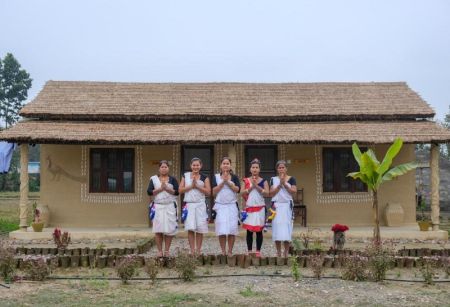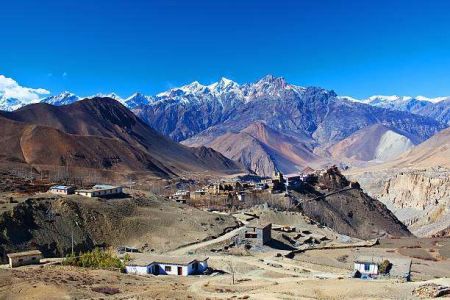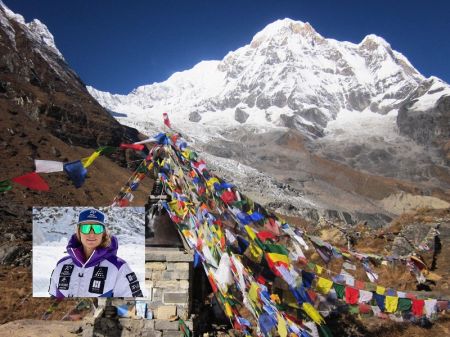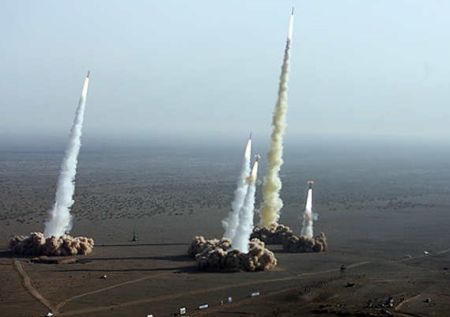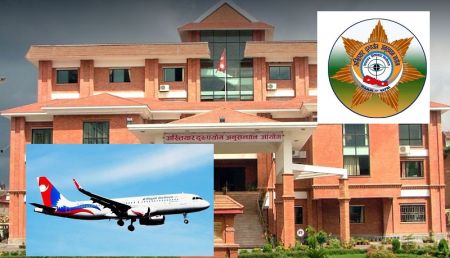.jpg)
--By Sanjeev Sharma
The landmark agreement to liberalize global trade has hit a gridlock after India refused to accept the pact following the country's disagreement on food subsidies. The Trade Facilitation Agreement (TFA) or the Bali Package, agreed by the Ninth Ministerial Conference of the World Trade Organisation (WTO), held in Bali, Indonesia on 3-7 December, 2013, would have been the first deal to reform global trade in two decades. The trade protocol which came as a result of relentless negotiations over the decades, basically aims to lower global trade barriers.
Upon its implementation, the TFA, ambits to smoothen trading between developing and developed economies by lowering import tariffs and farm subsidies. The Bali accord includes measures that would formally put an end to developed nations’ stiff import quotas of agro products from the developing countries. Rather, the importing nations would only be allowed to levy tariffs on amount of agricultural imports exceeding particular limits. Similarly, provisions related to streamlining and reforming customs bureaucracies is another major aspect of TFA that are targeted to facilitate global trade. The pact is expected to add USD 1 trillion to global GDP along with generating 21 million jobs worldwide. The deal also covers measures to preferential treatment and greater market access, issues that have been long-raised by developing and least developed countries (LDCs).
However, the accord's far-reaching impacts have been halted for the time being. India, one of the WTO's prominent members, has long insisted to keep the farm subsidies intact. India's assertion seems to be primarily fueled by the fears that removal of such government subvention would hurt the country's agricultural output. As the prices of agro commodities in the global market are likely to become more competitive after the implementation of TFA, India is reluctant to amend the current provisions of agricultural subsidies. The country which is the world's 2nd largest farm producer also ranks 10th among the major agricultural exporters.
Aided by supportive policy impetus alongside sufficient rainfall and massive stockpiles, India's exports of agricultural products stood at USD 29.3 billion in the first 11 months of the fiscal year 2013-14. The previous FY saw the Indian agro exports totaling USD 31.86 billion. The country is witnessing consistently rising agro and food export outpacing rise in other exports. Government data shows that the share of agricultural commodities in India’s overall export basket rose to 10.66 per cent in FY 2012-13 from 7.06 per cent in 2009-10. Similarly, according to the WTO's statistics, India's share of global export (USD 1.66 trillion) and import (USD 1.82 trillion) of agricultural and food products stand at 2.07 per cent and 1.24 per cent, respectively. The country's increasing share of global export indicates that India is becoming a net exporter of agro products.
Another aspect of India's apprehension is related to food security. The world's third largest economy is also feeding its vast poor population with cheap food. The discontinuation of government grants could prove more difficult to provide low-priced foods to its poor citizens. India, which has been expanding its food subsidy programmes over the years, launched a massive programme to provide subsidised food to two-thirds of its population or 810 million people in mid-2013. The programme is expected to double the country's annual food subsidy bills by about USD 23.9 billion. Subsidising food grains carry huge electoral significance in India as the government and major political aspirants have repeatedly promised to feed poverty ridden population at giveaway prices.
The country is one of the largest hoarders of food grains in the world. Various reports suggest that India's grain stockpiles currently stand at about a whopping 70 million tons. It not only helps to supply subsidised food grains but also to check the prices in the global market. The fall in world-food stockpile is considered one of the contributing factors to the global food crisis of 2007-08. Political and social unrests were seen in many nations due to the dramatic rise in food prices. India has demanded freedom to subsidise and stockpile food grains in an exchange to the signing of TFA.
.jpg)
Ever since its inception in 1995, the WTO has faced big hurdles to achieve its objectives. The organisation which came as as a replacement of General Agreement on Tariffs and Trade (GATT), has always been in a rock and a hard place when it comes to negotiations between its members. The uncertainty over the Doha Development Agenda (DDA) is an example of such obstacle. Commenced in 2001, the DDA's aim to liberalise global trade by lowering trade barriers has not been able to bear fruits as numerous talks have resulted in failures. Deep divisions between developed and developing nations over contentious issues such as agriculture, removing industrial tariff and non-tariff barriers of trade and services are considered as the impediments to DDA's progress. During the intense talks, developed nations led by United States accompanied by the European Union (EU) and Japan maintained their positions relating to quota-free access to the exports of developing countries and LDCs. Similarly, a group of developing nations and LDCs, led by the emerging bloc of China, India, Brazil and South Africa demanded greater freedom to agricultural subsidies and larger quota-free access to their specific exports. The demands and counter demands of member nations resulted in the stalling of WTO's trade talks in 2008. The multilateral trade negotiations have not resumed since then.
The TFA, which targets to harmonize global trade by slashing the customs red tape is a part of DDA. So, implementing the Bali package is not only imperative to its provisions but also to make progress on DDA and rescue WTO from the brink of failure. However, India's insistence has created an impasse in the organisation. The lockdown led to the expiration of deadline to ratify the deal by member nations on July, 31st. Talks are said to have been taking place to end the current stand-off, but narrowing the differences to resolve the problem seems difficult for the time being as Robert Azevedo, WTO's Director General puts it, "The fact we do not have a conclusion means that we are entering a new phase in our work – a phase which strikes me as being full of uncertainties.” Similarly, Patrick Low, WTO's former Chief Economist, mentions, "The WTO is a victim of flawed procedural requirements. A single government can block progress across the board." "Paralysis at the WTO is likely to reinforce the view that preferential trade arrangements are a substitute for inclusive multilateralism rather than a complement. That would be bad news for the world economy."





